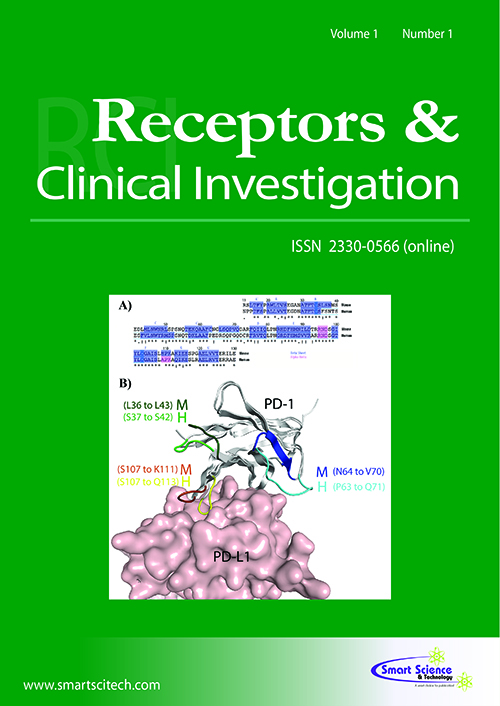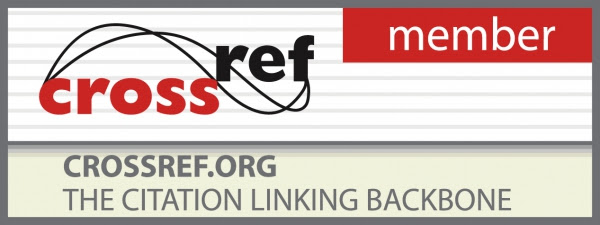Down regulation of acrolein on corticosterone secretion in male rats
Abstract
Acrolein is a small unsaturated aldehyde and can be found in a wide range of resources including all types of smoke and exhaust gases from gasoline engines. Although the toxicity and damage of acrolein have been recognized, the action mechanisms of acrolein, especially that of acrolein on the response of stresshormones are still unclear. The present study hypothesized that administration of acrolein altered the secretion of both adrenocorticotropin (ACTH) and corticosterone via the regulation of steroid biosynthetic pathway in rat zona fasciculata-reticularis (ZFR) cells. Both in vivo and in vitro approaches were uased. In the in vivo study, intraperitonal injection of acrolein (2 mg/ml/kg) once daily for 1 or 3 days resulted in a reduction of plasma levels of ACTH and corticosterone as well as the intracellular cAMP and ACTH-induced secretion of corticosterone. The protein expression of ACTH receptor (ACTHR) in rat ZFR cells was also reduced by 40-60% after treatment of acrolein for 1 day and 3 days, respectively. In the in vitro study, rat ZFR cells were prepared and chanllenged with ACTH (10-9 M), forskolin (an adenylyl cyclase activitior, 10-5 M), 8-Br-cAMP (a permeable synthetic cAMP, 5x10-5 M), 25-OH-cholesterol (10-5 M) ± trilostane (an inhibitor of 3?-hydroxysteroid dehydrogenase, 3?-HSD, 10-5 M). The evoked release of corticosterone by ACTH, forskolin, 8-Br-cAMP and the induced release of pregnenolone in response to 25-OH-cholesterol plus triolostane were decreased. Since the accumulation of pregnenolone after blocking 3?-HSD by trilostane represents the activity of P450scc, therate-limiting step of steroid biosynthesis, we suggest that not only the cAMP pathway was inhibited, but also the enzyme activity of P450scc was attenuated following administration of acrolein. Although insignificant, the protein expression of steroidogenic acute regulatory protein (StAR) was decreased by 40% in ZFR cells after treatment of acrolein in vivo. Incubation of ZFR cells with acrolein (10-9~10-7 M) also decreased the in vitro release of corticosterone. These results suggest that administration of acrolein inhibited corticosterone production via the attenuation of cAMP pathway, StAR protein expression, and the enzyme activity of P450scc. The attenuation of protein expression of ACTHR (also named melanocortin 2 receptor, MC2R) and reduced secrection of ACTH indicated that the hypothalamus-pituitary-adrenal (H-P-A) axis was also down- regulated by the administration of acrolein.











